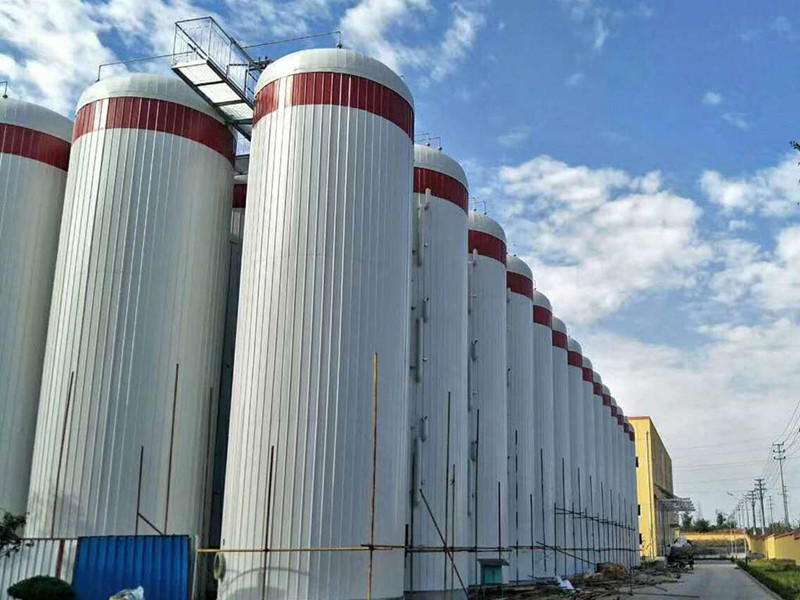
-
 Afrikaans
Afrikaans -
 Albanian
Albanian -
 Amharic
Amharic -
 Arabic
Arabic -
 Armenian
Armenian -
 Azerbaijani
Azerbaijani -
 Basque
Basque -
 Belarusian
Belarusian -
 Bengali
Bengali -
 Bosnian
Bosnian -
 Bulgarian
Bulgarian -
 Catalan
Catalan -
 Cebuano
Cebuano -
 China
China -
 China (Taiwan)
China (Taiwan) -
 Corsican
Corsican -
 Croatian
Croatian -
 Czech
Czech -
 Danish
Danish -
 Dutch
Dutch -
 English
English -
 Esperanto
Esperanto -
 Estonian
Estonian -
 Finnish
Finnish -
 French
French -
 Frisian
Frisian -
 Galician
Galician -
 Georgian
Georgian -
 German
German -
 Greek
Greek -
 Gujarati
Gujarati -
 Haitian Creole
Haitian Creole -
 hausa
hausa -
 hawaiian
hawaiian -
 Hebrew
Hebrew -
 Hindi
Hindi -
 Miao
Miao -
 Hungarian
Hungarian -
 Icelandic
Icelandic -
 igbo
igbo -
 Indonesian
Indonesian -
 irish
irish -
 Italian
Italian -
 Japanese
Japanese -
 Javanese
Javanese -
 Kannada
Kannada -
 kazakh
kazakh -
 Khmer
Khmer -
 Rwandese
Rwandese -
 Korean
Korean -
 Kurdish
Kurdish -
 Kyrgyz
Kyrgyz -
 Lao
Lao -
 Latin
Latin -
 Latvian
Latvian -
 Lithuanian
Lithuanian -
 Luxembourgish
Luxembourgish -
 Macedonian
Macedonian -
 Malgashi
Malgashi -
 Malay
Malay -
 Malayalam
Malayalam -
 Maltese
Maltese -
 Maori
Maori -
 Marathi
Marathi -
 Mongolian
Mongolian -
 Myanmar
Myanmar -
 Nepali
Nepali -
 Norwegian
Norwegian -
 Norwegian
Norwegian -
 Occitan
Occitan -
 Pashto
Pashto -
 Persian
Persian -
 Polish
Polish -
 Portuguese
Portuguese -
 Punjabi
Punjabi -
 Romanian
Romanian -
 Russian
Russian -
 Samoan
Samoan -
 Scottish Gaelic
Scottish Gaelic -
 Serbian
Serbian -
 Sesotho
Sesotho -
 Shona
Shona -
 Sindhi
Sindhi -
 Sinhala
Sinhala -
 Slovak
Slovak -
 Slovenian
Slovenian -
 Somali
Somali -
 Spanish
Spanish -
 Sundanese
Sundanese -
 Swahili
Swahili -
 Swedish
Swedish -
 Tagalog
Tagalog -
 Tajik
Tajik -
 Tamil
Tamil -
 Tatar
Tatar -
 Telugu
Telugu -
 Thai
Thai -
 Turkish
Turkish -
 Turkmen
Turkmen -
 Ukrainian
Ukrainian -
 Urdu
Urdu -
 Uighur
Uighur -
 Uzbek
Uzbek -
 Vietnamese
Vietnamese -
 Welsh
Welsh -
 Bantu
Bantu -
 Yiddish
Yiddish -
 Yoruba
Yoruba -
 Zulu
Zulu
Fiberglass Rectangular Tank Design for Enhanced Durability and Efficiency
The Advantages of a Rectangular Tank Made of Fiberglass Material
In the realm of modern storage solutions, one cannot overlook the impact that materials have on the efficiency and longevity of tanks designed for various applications. Among the various materials used, fiberglass is emerging as a preferred choice for constructing rectangular tanks. These tanks, widely utilized in agriculture, aquaculture, water treatment, and industrial processes, offer numerous advantages inherent to fiberglass.
Fiberglass, a composite material made from plastic reinforced by fine glass fibers, boasts remarkable durability. This robustness is essential for rectangular tanks that are often subject to internal pressures from liquids and external environmental conditions. Unlike traditional materials such as steel or concrete, fiberglass does not corrode, rust, or degrade when exposed to harsh chemicals or fluctuating weather conditions. This resistance ensures that the tank maintains its integrity over time, significantly reducing the risk of leaks or structural failure.
Another striking advantage of fiberglass tanks is their lightweight nature. Compared to steel counterparts, fiberglass tanks can be significantly easier to transport and install. The reduced weight not only simplifies logistics but also alleviates the need for heavy-duty support structures, which can be both costly and time-consuming to install. Consequently, this ease of handling translates into lower labor costs and shorter installation times, making fiberglass tanks a practical choice for many applications.
rectangular tank made of fiberglass material

In addition to these practical benefits, fiberglass tanks can be manufactured in a variety of shapes and sizes to meet specific needs. Rectangular designs are particularly advantageous because they maximize storage volume while optimizing space efficiency. This design is also easy to stack or arrange, making it a preferred option for facilities that require multiple tanks for different functions. Furthermore, fiberglass can be molded into complex shapes, allowing for custom designs that can align with unique project requirements.
Moreover, the insulation properties of fiberglass contribute to their functionality. These tanks provide excellent thermal insulation, helping to maintain the desired temperature of the fluids stored inside. This feature is crucial in applications where temperature fluctuations can impact the quality and efficacy of the stored materials, such as in the case of fish farming or the storage of sensitive chemicals.
Cost-effectiveness is yet another reason for the popularity of fiberglass rectangular tanks. While the initial investment may be higher than some traditional materials, the long-term savings due to their durability, low maintenance requirements, and energy efficiency often outweigh these initial costs. Over time, the reduced need for repairs and replacements contributes to their overall value.
In conclusion, rectangular tanks made of fiberglass material hold significant advantages over those constructed from conventional materials. Their durability, lightweight, customizable design, excellent insulation properties, and cost-effectiveness make them an ideal choice for a variety of applications. As industries continue to evolve and seek more efficient and sustainable solutions, fiberglass tanks are poised to play a pivotal role in modern storage technology.









